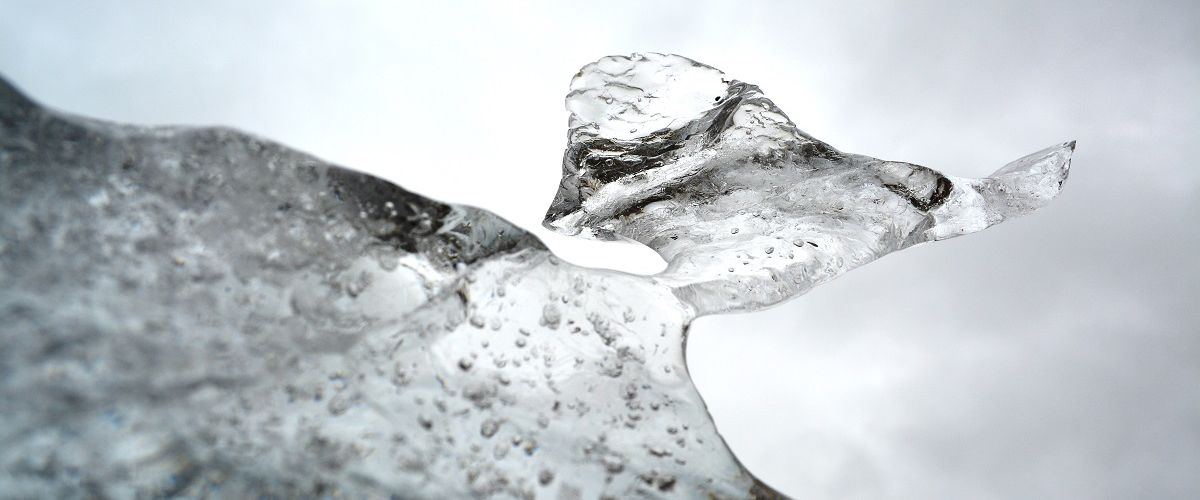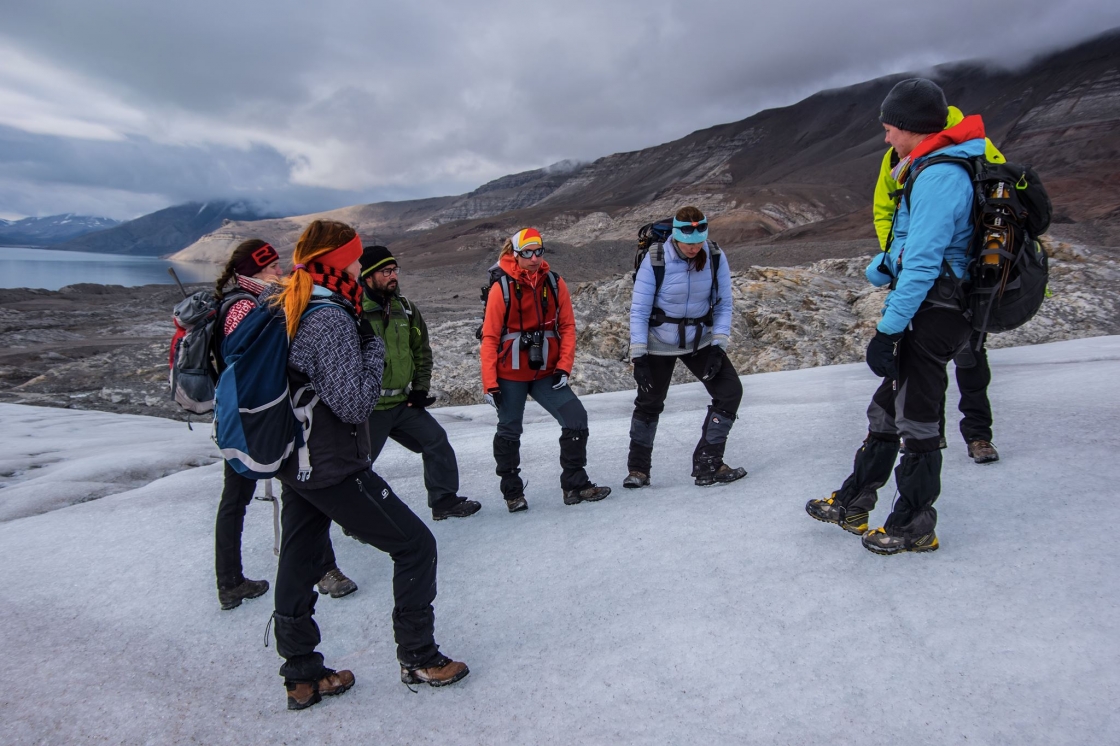
Centre for Polar Ecology
For students
Polar Ecology Course

The Polar Ecology course is organized by the Centre for Polar Ecology of the Faculty of Science of the University of South Bohemia in České Budějovice. It takes place once every two years and consists of theoretical part (KBE / 263), which usually takes place in May as part of a week-long block seminar and field exercise (KBE / 265) in Svalbard. Up to 10 students can participate in the course, who then work in smaller groups on a project according to the focus of the group (botany, microbiology, zoology or parasitology), but they also gain a lot of knowledge from other fields. Thanks to the fact that the course is multidisciplinary, students leave with a comprehensive knowledge of the functioning of polar ecosystems. The course is for 5 credits and ends with a presentation of the project results at the final seminar (mini conference). The course is open to students of all types and fields of study.
There will be another Polar Ecology Course in the summer term of 2026.
Photos from previous courses can be found in the Gallery section or on our Facebook page.
Theses Offer

PE employees currently offer the following topics for bachelor's and master's theses:
Bachelor's and Master's theses focused on changes in the natural environment in connection with the retreat of Arctic glaciers
The Arctic, and especially Svalbard, is the region where the most intense climate warming is taking place. This is related to several changes in the natural environment. Most of them are directly related to retreating and melting glaciers. These rapid changes in glacier dynamics significantly modify existing environmental processes – the hydrological cycle, sediment transport, but also extensive changes in the landscape. Changes in the landscape are also linked to rapid changes in the ecosystem. The topics below are rather indicative and can be modified. It is assumed that the work will be solved using the scientific infrastructure of the USB in Svalbard and, in the case of multidisciplinary topics, with the assistance of other CPE staff and other colleagues.
- Short-term changes in the terrain at the front of glaciers (analysis of drone images, terrain models and their interpretation)
- Changes in the hydrological cycle at the level of small glaciated catchments (runoff from the catchment, influence of specific meteorological conditions, simple modelling of runoff, transport of substances from the catchment)
- Characteristics of snow cover and its importance for other environmental characteristics – soil moisture, vegetation, etc.
- Long-term development of glacier foreland and succession monitoring
- Use of remote sensing to monitor cryosphere dynamics (snow cover, sea ice, glaciers, etc.)
For more information, contact me by email:
If you haven't found your future topic here, you can always contact directly the CPE member in the field you are interested in. The ongoing projects and the composition of the groups can be found in the Research Groups section. You can contact us even if your preferred field is not currently represented on CPE and we will recommend a supervisor from another department or institution.

